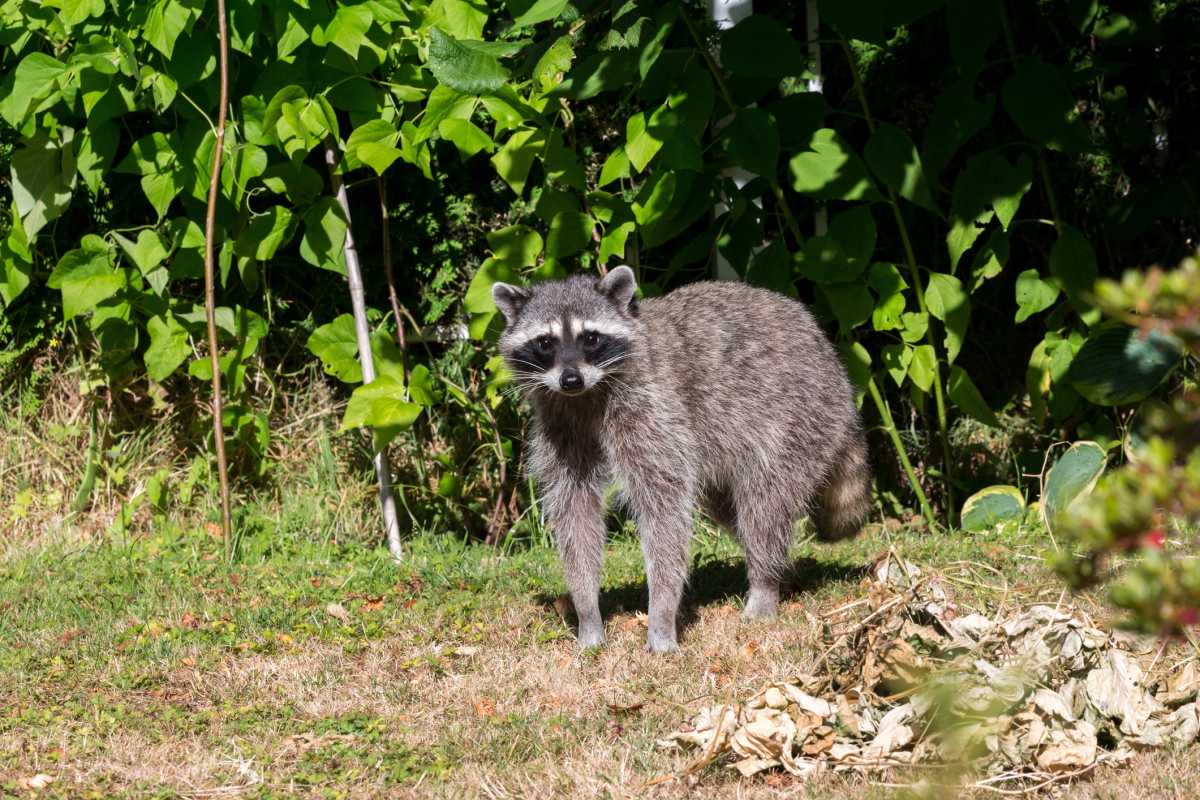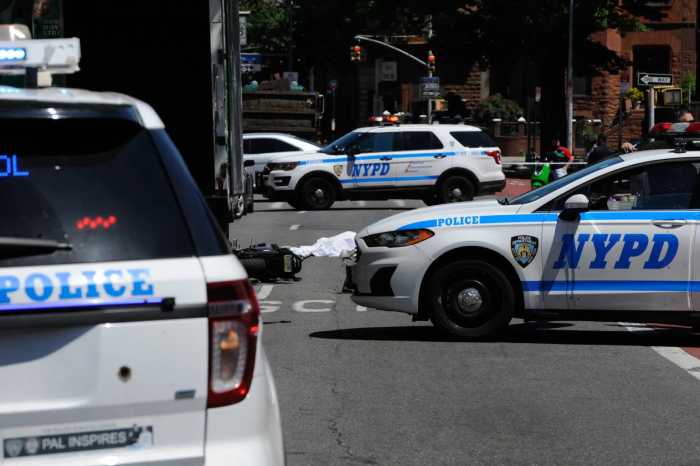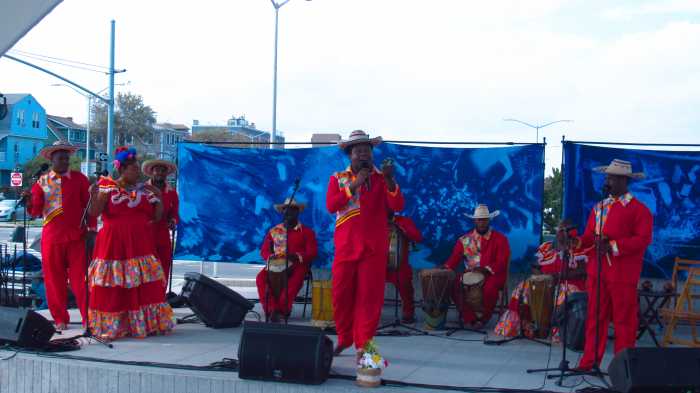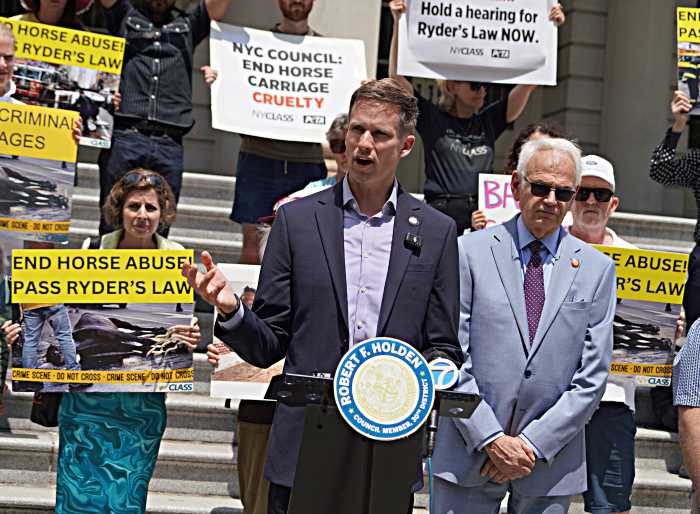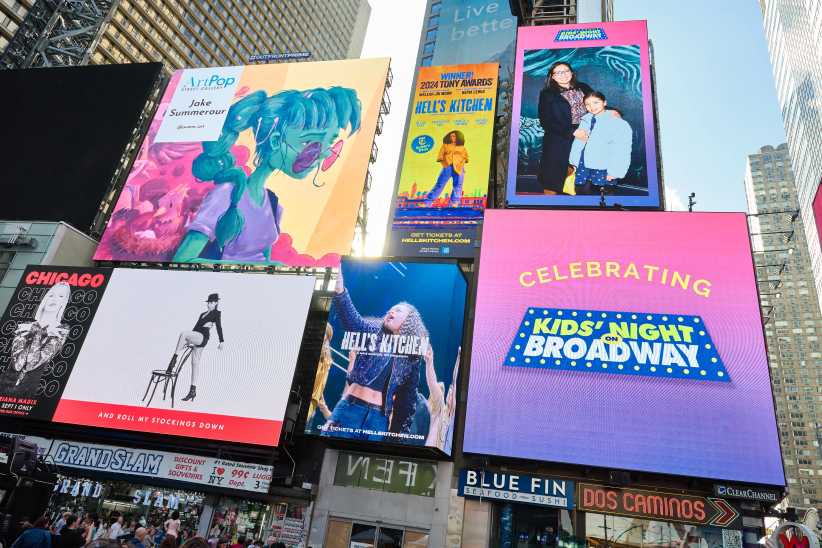The New York City Department of Health and Mental Hygiene has launched a springtime initiative to vaccinate raccoons against rabies in parts of Queens and Brooklyn, responding to a concerning uptick in rabid raccoons this year.
The Health Department, in coordination with the U.S. Department of Agriculture and NYC Parks, is distributing oral rabies vaccine (ORV) baits in select areas of both boroughs this month. While ORV baiting typically takes place in the fall, this early campaign aims to contain rabies transmission in neighborhoods where infected raccoons have already been confirmed, including several sites in Queens.
So far in 2025, six different raccoons in Queens have tested positive for rabies, the most of any borough. According to the Health Department’s animal rabies map, infected raccoons were recently found at:
-
April 15 — A raccoon was found at 227th Street and 131st Avenue in Laurelton.
-
March 17 — A raccoon was found at Farmers Boulevard and Suffolk Drive in Springfield Gardens.
-
Jan. 28 — A raccoon was found at Cooper Avenue and 59th Street in Middle Village.
-
Jan. 21 — A raccoon was found at 59th Avenue and 153rd Street in Flushing.
-
Jan. 8 — (Same location) A raccoon was found at 59th Avenue and 153rd Street in Flushing.
-
Jan. 3 — A raccoon was found at 119th Drive and Farmers Boulevard in South Jamaica.

In total, 11 raccoons have tested positive for rabies citywide this year — six in Queens, two in Brooklyn, and three in Staten Island. Additional rabid animals have been identified in neighboring Nassau and Suffolk counties, where similar baiting programs are also underway. This marks the second straight year the city has recorded double-digit rabid raccoon cases by spring.
In 2024, NYC Health reported just three confirmed cases of rabies in Queens—two raccoons and one bat—a significantly lower total than the six raccoon cases already recorded in 2025.
“Rabies is a serious disease that can be fatal,” said Acting Health Commissioner Dr. Michelle Morse. “The NYC Health Department’s efforts to vaccinate raccoons against rabies will protect New Yorkers, their pets, and the City’s wildlife.”
The fish-scented vaccine baits resemble ketchup packets and contain a small amount of pink liquid that immunizes raccoons when consumed. The baits do not pose a risk to people or pets, although ingesting multiple baits may cause pets to vomit. Residents are advised not to handle the baits directly, but if contact occurs, to wash hands thoroughly and call the NYC Poison Center at 212-POISONS.
Rabies is a preventable but deadly virus that attacks the central nervous system. In New York City, it is most commonly found in raccoons. The virus can be transmitted to humans and pets through bites or scratches from an infected animal. Vaccinating pets, avoiding contact with wildlife, and seeking prompt medical care after possible exposure are key to prevention.
Residents are urged to:
- Avoid feeding or approaching wild animals, especially raccoons.
- Keep garbage in sealed containers.
- Ensure pets are vaccinated and not left unattended outdoors.
- Report animals acting aggressively or unusually friendly by calling 311.
- Report animal attacks or bites to the Health Department at 212-676-2483.
For more information on raccoons and rabies prevention, visit nyc.gov/health/rabies.

